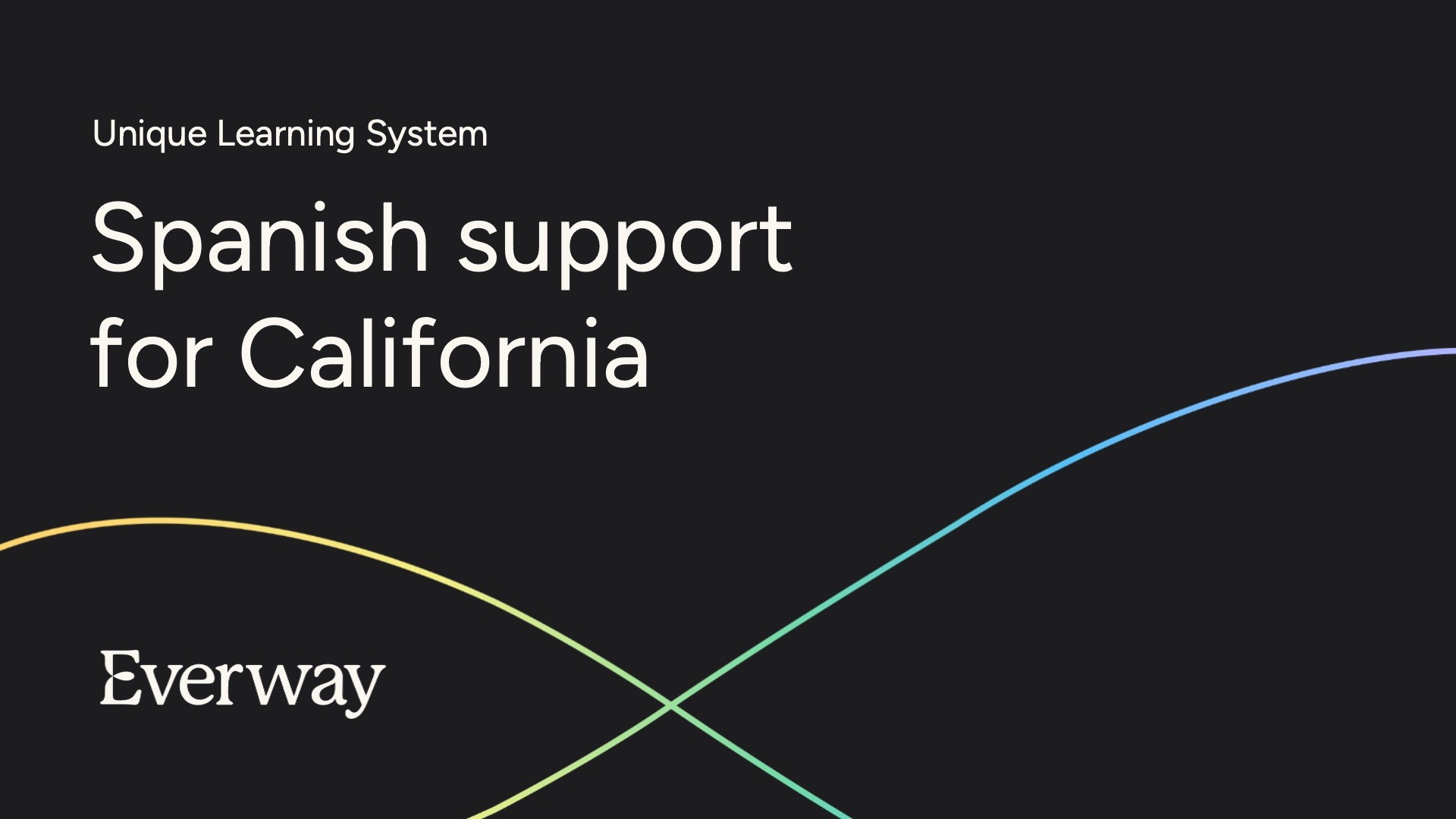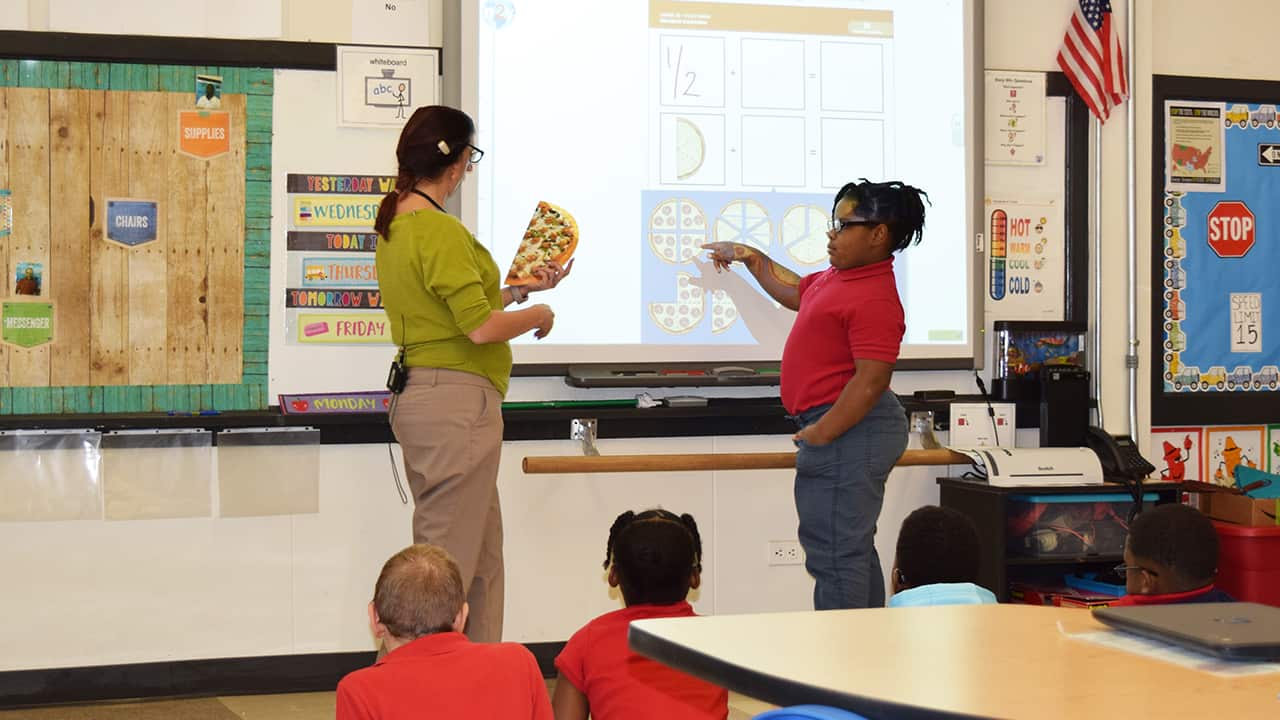You might ask why it is so important to remain in compliance. For starters, it’s the law! Each student is entitled to a free and appropriate public education (FAPE) according to the Individuals with Disabilities Education Act (IDEA). When we are in compliance, we are helping to ensure that the needs of our students are being met. Second, being out of compliance could result in a loss of funding for our school.
Because compliance is so important, we need to have thoughtful and well-designed procedures in place to support all stakeholders on the individual education program (IEP) team. We must work in a collaborative manner to best meet the needs of the student. What better way to do this than to incorporate the expertise of a team of professionals who commit to working together to ensure the best possible outcome for each student! It is also important for administrators to advocate for strong relationships between families and community, so that each student’s family benefits from the combined expertise and support. When all members of the IEP team work together, we achieve great success!
With that in mind, here are four keys to managing compliance while ensuring teachers feel actively coached, supported, and valued.
1. Create timelines for your special education department
It is essential that administrators create and monitor timelines that ensure compliance. All stakeholders need to be invested in the plan as well as the process. Collaboration through intentional thought and planning will make goals easier to achieve! Special education teams should have an opportunity to meet with administration regularly. Recurring meetings can create timelines that help you plan and document dates of action.
Here are some guidelines for productive meetings:
- Fulfill the needs of your team by meeting face to face or via an online platform.
- Address the needs of new students in addition to compliance needs.
- Use a web-based calendar so all stakeholders have access to upcoming dates for eligibility meetings, annual IEP review meetings, problem-solving meetings, manifestation determinations, reevaluation meetings, etc.
- Review upcoming meetings and deadlines.
- Set clear goals to work toward and incorporate smaller goals in between.
- Identify resources needed and tasks that should be accomplished prior to the meeting date.
2. Set aside time for your special education teachers
What we make a priority becomes our focused work. As a turnaround principal, I studied effective administrators for years. One aspect of their scheduling intrigued me: Effective principals make time every week to meet with each of their teacher teams. When there are intentional meetings every week, this investment of time becomes a game changer. The focus really shifts and allows compliance to become part of the regular conversation. Fostering collaborative, supportive relationships with your teachers that allow open communication lets them feel comfortable seeking your help when a question or issue comes up, including remaining in compliance!
I know setting aside time for our special education teachers sounds like an obvious statement because we already meet and talk with them regularly. But what are we discussing during face-to-face time, and how are these conversations intentional? To ensure compliance is happening, set aside purposeful time every week with each special education teacher, or at least each team of special education teachers. This is especially important given the challenges that they are facing during the pandemic. Your teachers need to be supported, and the door for collaboration needs to be open!
Here are tips for intentional meetings with your teachers:
- Set an agenda.
- Be an active listener.
- Ask questions about the timeline and upcoming dates identified in their calendar.
- Identify resources and supports needed to meet goals.
- Create next steps and a plan for moving forward.
- Celebrate accomplishments.
3. Provide special education teachers with compliance documentation to monitor progress
Documentation logs paint the learning picture over time and are necessary when assessing the progress being made toward the IEP goals. These logs contains specific goals, reevaluation date, dates of service, progress monitoring, notes from the service providers and general education teachers, and other comments. Take this concept a step further and add in a work sample that can support your notes and the progress in the log. In meetings about students these logs become a conversation tool for showing progress to all stakeholders, and they heavily support compliance! Items such as documentation logs should be used during the one-on-ones or team meetings to celebrate progress and direct next steps. Again, refer to the required means of documentation, which vary from district to district.
Compliance comprises a wide range of work that includes day-to-day services, assessments, IEP meetings, paperwork, and audits. It takes the effort of the entire IEP team—parents and students included—to effectively monitor progress. Be sure to follow your district’s guidelines for what methods of documentation to use and how often to document a student’s progress.
4. Be proactive
We can all agree that the work being done in special education is hard, and compliance is not always something we love to talk about, especially if we are not hitting the target! Administrators can get stuck in a routine of being reactive if we are not intentional with our time and how to celebrate our staff. Moving to a proactive approach allows us to stay focused on the goals and where progress is being made. It fosters relationships between the administrator and special education teacher that are respectful and meaningful, which will radiate to our students as well.
Here are tips for implementing a proactive approach with your teachers and staff:
- Set clear expectations.
- Be available to the team to listen and assist when needed.
- Embrace an inclusive environment.
- Lead by example.
- Celebrate your teachers and staff.
- Remember that your teachers need help in order to successfully support their students!
One very important component of the proactive approach is to regularly schedule time to celebrate the accomplishments of your faculty and staff! One-on-one meetings should always start with a celebration. Can you imagine meeting with your boss and being celebrated every time? How would that excitement affect your performance? Celebrate the little steps and they quickly turn into the big steps. Share these celebrations with others in the building.
Here are some ways to share celebrations of your faculty and staff:
- Email shout-outs
- Weekly highlights through a weekly update newsletter or staff shout-out board
- Morning show announcements
- Personalized notes
- Employee of the week
Compliance within your special education department does not have to be stressful! With the intentionality of creating timelines, schedules, progress monitoring, and celebrations, the word compliance can be a positive! Embrace collaboration throughout your school so that students will see your efforts, which will serve as a model for them as they work with their peers throughout the day.


